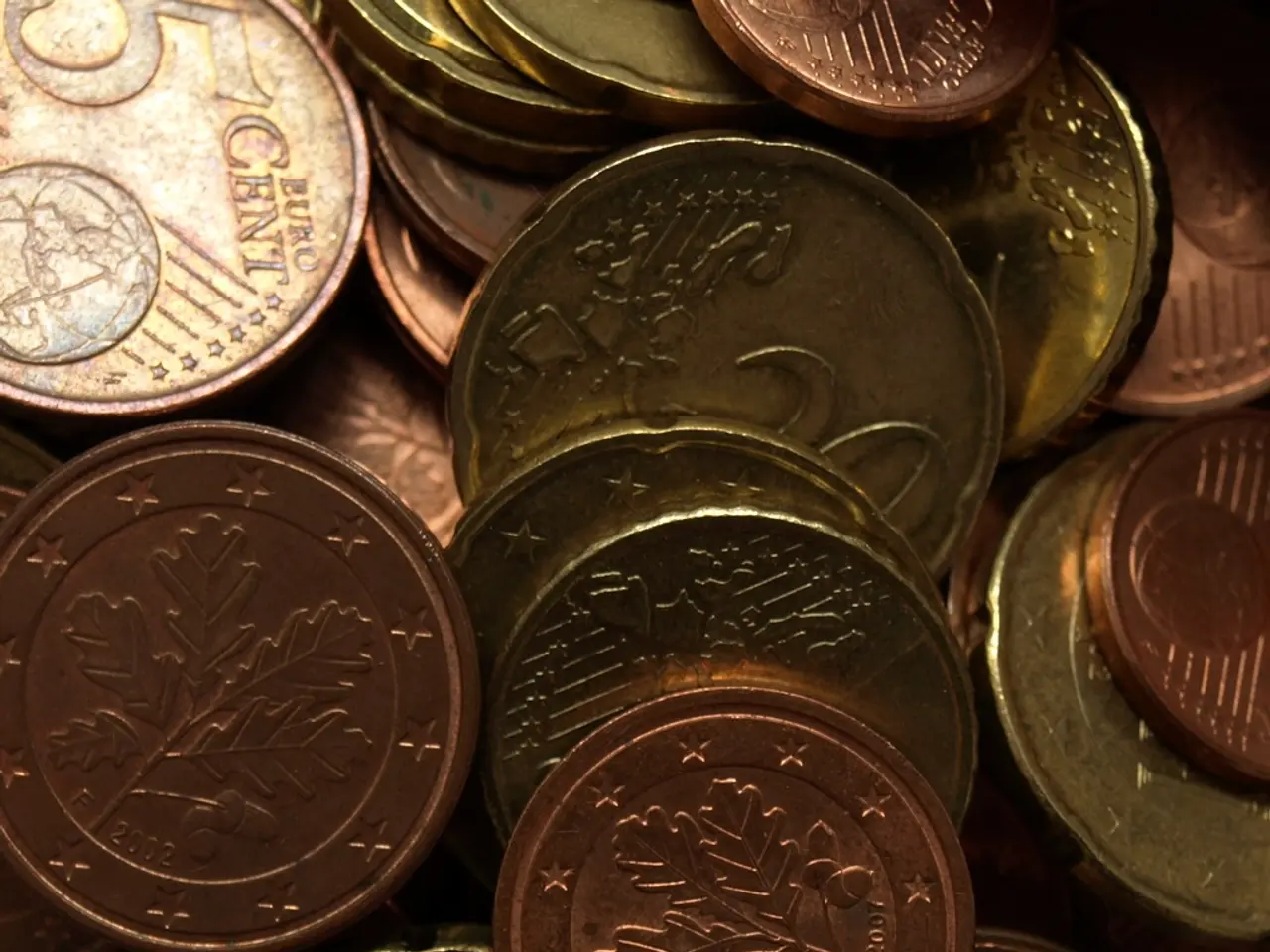Nigeria proposes fresh blockchain policy iteration.
Nigeria, a country known for its tech-savvy population and dynamic crypto ecosystem, has taken a significant step towards formalizing its cryptocurrency and blockchain regulatory framework. The Investment and Securities Act (ISA) 2025, signed by President Bola Ahmed Tinubu in March 2025, classifies cryptocurrencies and other digital assets as securities, bringing them under the purview of the Securities and Exchange Commission (SEC).
This regulatory shift is part of Nigeria's broader aim to align its fintech and blockchain innovation with global standards while fostering investor protection and encouraging innovation. The government envisions blockchain integration across various sectors to boost economic efficiency, transparency, and trust, alongside developing local blockchain talent.
However, the new policy has sparked criticism, particularly the classification of Bitcoin and similar cryptocurrencies as securities. Critics argue that this misclassification ignores the fundamental differences among digital assets, applying a one-size-fits-all regulatory approach that may stifle the growth of Nigeria's dynamic crypto ecosystem. Experts highlight that Bitcoin’s role as a decentralized currency differs substantially from tokenized securities or utility tokens, and the blanket regulation could hinder the organic crypto adoption driven largely by Nigeria's tech-savvy youth and entrepreneurs.
Despite the regulatory challenges, Nigerians continue to adopt crypto solutions pragmatically. For example, many have turned to stablecoins as alternatives to the unstable naira currency, especially following the Central Bank of Nigeria's 2021 directive against crypto transactions. The introduction of the naira-backed stablecoin (cNGN) by the Africa Stablecoin Consortium in early 2024 aims to provide a regulated, digital currency option that supports payments and remittances, enhancing inclusion for the unbanked population.
Meanwhile, the Nigerian Ministry of Communications and Digital Economy is developing a new blockchain policy, with additional stakeholders being invited to participate in its creation. The new strategy will build on the 2023 policy created by the National Information Technology Development Agency (NITDA).
Elsewhere on the continent, Ethiopia is in the global Bitcoin mining spotlight, while the South African High Court rules that cryptocurrency is not subject to capital controls. In Kenya, the Virtual Assets Chamber of Commerce (VACC) conducted a training session for members of the national parliament's Finance and Planning Committee on cryptocurrency and blockchain systems.
The Hedera Africa Hackathon has launched with a $1M prize pool and a focus on Web3, and The Network School is offering a $100,000 fellowship for founders and creators. Furthermore, the UNICEF Venture Fund is offering $100,000 in equity-free funding for blockchain and frontier technology startups.
In the realm of financial institutions, Catena Labs, led by Circle co-founder Sean Neville, plans to launch the first fully regulated financial institution designed for AI-powered commerce, having raised $18 million.
As the African blockchain landscape continues to evolve, events like the upcoming OnChain Conference 2025 in Lagos, Africa's largest blockchain event, aim to bring together policymakers, developers, fintech players, and other stakeholders to shape the continent's blockchain future. The white paper for the new policy was developed using AI tools and human reviewers, ensuring a structured, inclusive, and forward-looking framework.
In summary, while Nigeria’s new blockchain policy marks a major step in legitimizing and regulating digital assets, its impact on crypto adoption remains mixed, balancing formal oversight with challenges related to regulatory fit and the vibrant grassroots crypto economy.
- The Investment and Securities Act (ISA) 2025 in Nigeria classifies cryptocurrencies and other digital assets as securities, bringing them under the regulation of the Securities and Exchange Commission (SEC).
- The regulatory shift aims to align Nigeria's fintech and blockchain innovation with global standards, fostering investor protection, and encouraging innovation.
- Critics argue that classifying Bitcoin and similar cryptocurrencies as securities may stifle the growth of Nigeria's dynamic crypto ecosystem due to misclassification and a one-size-fits-all regulatory approach.
- Many Nigerians have turned to stablecoins as alternatives to the unstable naira currency, following the Central Bank of Nigeria's 2021 directive against crypto transactions.
- The new blockchain policy being developed by the Nigerian Ministry of Communications and Digital Economy will build on the 2023 policy created by the National Information Technology Development Agency (NITDA).
- Catena Labs, led by Circle co-founder Sean Neville, plans to launch the first fully regulated financial institution designed for AI-powered commerce.
- The Hedera Africa Hackathon has launched with a $1M prize pool and a focus on Web3, while the UNICEF Venture Fund is offering $100,000 in equity-free funding for blockchain and frontier technology startups.
- The African blockchain landscape continues to evolve, with events like the upcoming OnChain Conference 2025 in Lagos shaping the continent's blockchain future alongside technological advancements and policy developments.




